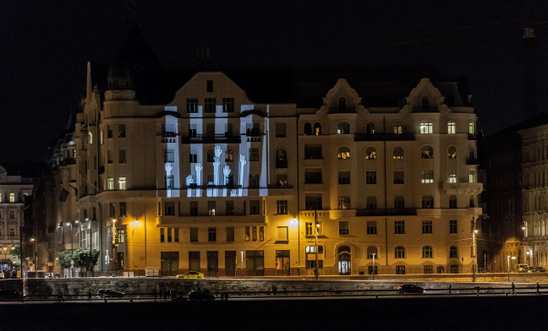
Press releases
Hungary: Emergency coronavirus law must not give Orbán 'indefinite and uncontrolled' powers

People could face five years in jail for infringing sweeping new powers
Viktor Orbán has previously curtailed human rights and stoked hostility towards marginalised groups
‘This new law must not bestow unlimited powers to the government’ - David Vig
As the Hungarian parliament prepares to vote on a new law on Monday that would allow the government to rule by decree - without a clear end date or periodic reviews - under an extended state of emergency, David Vig, Amnesty International’s Hungary Director, said:
“This bill would create an indefinite and uncontrolled state of emergency, and give Viktor Orbán and his government carte blanche to restrict human rights.
“We need strong safeguards to ensure that any measures to restrict human rights adopted under the state of emergency are strictly necessary and proportional in order to protect public health.
“This new law must not bestow unlimited powers to the government to rule by decree beyond the pandemic.
“During his years as Prime Minister, Viktor Orbán has overseen a rollback of human rights in Hungary, stoking up hostility towards marginalised groups and attempting to muzzle Hungary’s critical voices. Allowing his government to rule by decree would likely speed this rollback."
Coronavirus bill subject of wide criticism
On Monday 30 March, the Hungarian parliament is expected to vote on a new law which seeks a parliamentary mandate for the Government to rule by decree without a sunset clause or any other provision that would guarantee parliament can exercise proper oversight.
The law also creates two new crimes which would mean that anyone who publicises false or distorted facts that interfere with the “successful protection” of the public, or that “alarm or agitate” that public, could be punished by up to five years in prison. Amnesty is warning that both measures are inconsistent with international human rights law and standards.
Plans for the new law have been criticised by the Council of Europe, the European Parliament, the International Press Institute, and the Organisation for Security and Cooperation in Europe.